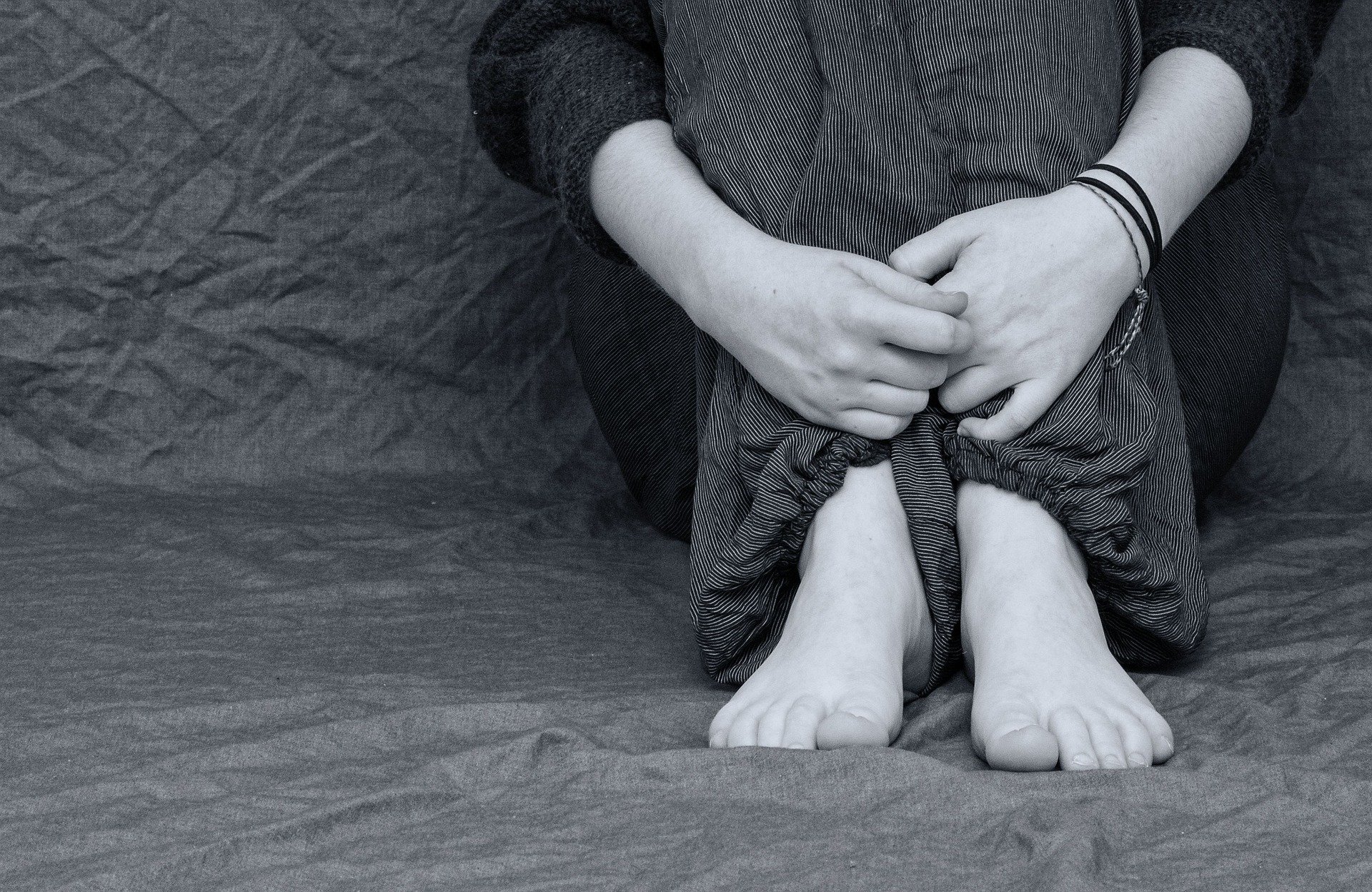

Image by Free-Photos from Pixabay
Cases of major depression and anxiety disorders have increased by more than 25 percent worldwide, according to what is claimed to be a world-first study of the impact of Covid-19 on mental health.
The research – led by academics from The University of Queensland’s School of Public Health, the Queensland Centre for Mental Health Research, and Institute for Health Metrics and Evaluation at the University of Washington in the US – estimated people living in countries severely impacted by the pandemic have been most affected, especially women and younger people.
The study is said to be the first to assess global impacts of the pandemic on major depressive and anxiety disorders, quantifying the prevalence and burden of the disorders by age, sex and location in 204 countries and territories during 2020.
Study leader, Dr Damian Santomauro of the University of Queensland, said countries hit hardest by the pandemic in 2020 had the greatest rise in prevalence of the disorders.
“We estimated that cases of major depressive disorder and anxiety disorders increased by 28 percent and 26 percent respectively in 2020, with women affected more than men, and younger people affected more than older age groups,” he stated.
“Countries with high Covid-19 infection rates and major reductions in the movement of people – a consequence of measures such as lockdowns and school closures – were found to have the greatest increases in prevalence of major depressive disorder and anxiety disorders.”
Other approaches to this research have generally focused on specific locations over a short window of time.
Dr Santomauro said mental health systems would need urgent strengthening to cope with the significant increase in cases of major depressive disorder and anxiety disorders, but taking no action should not be an option.
“Support services should be improved by promoting mental wellbeing, targeting factors contributing to poor mental health that have been made worse by the pandemic, and improving treatment for those who develop a mental disorder,” he explained.
“Even before the pandemic, mental health-care systems in most countries have historically been under-resourced and disorganised in their service delivery – so meeting the added demand for mental health services due to Covid will be challenging.”
Study co-author, Dr Alize Ferrari of the University of Queensland, said the reserch found that the pandemic had exacerbated many existing social inequalities that predispose people to developing mental disorders.
“Sadly, for numerous reasons, women are likely to be more affected by the social and economic consequences of the pandemic as they often carry the load when it comes to additional caring and household responsibilities,” Dr Ferrari noted.
“Women are also more likely to be victims of domestic violence, which has increased at various stages of the pandemic.
“School closures and wider restrictions limiting young people’s ability to learn and interact with their peers, combined with the increased risk of unemployment, also meant young people were more heavily impacted by major depressive and anxiety disorders during the pandemic.
“It is crucial that policymakers take underlying factors such as these into account as part of measures to strengthen mental health services,” Dr Ferrari said.